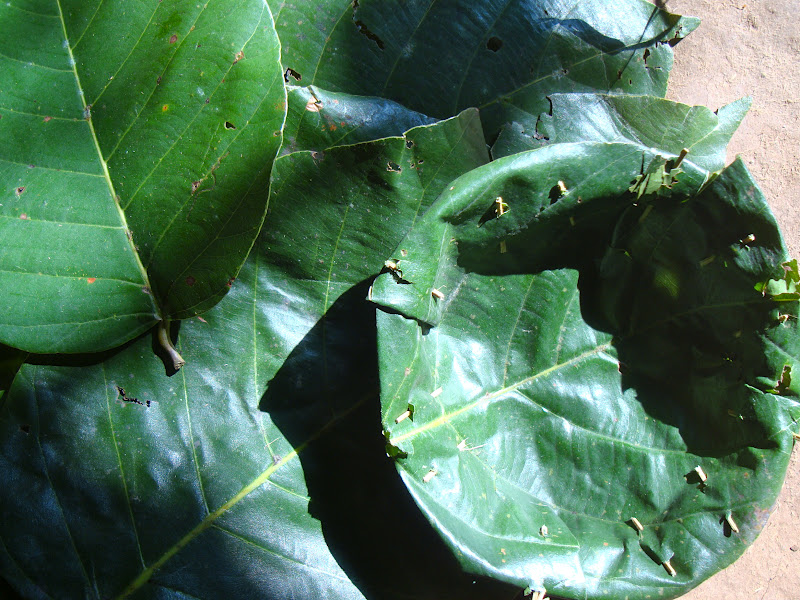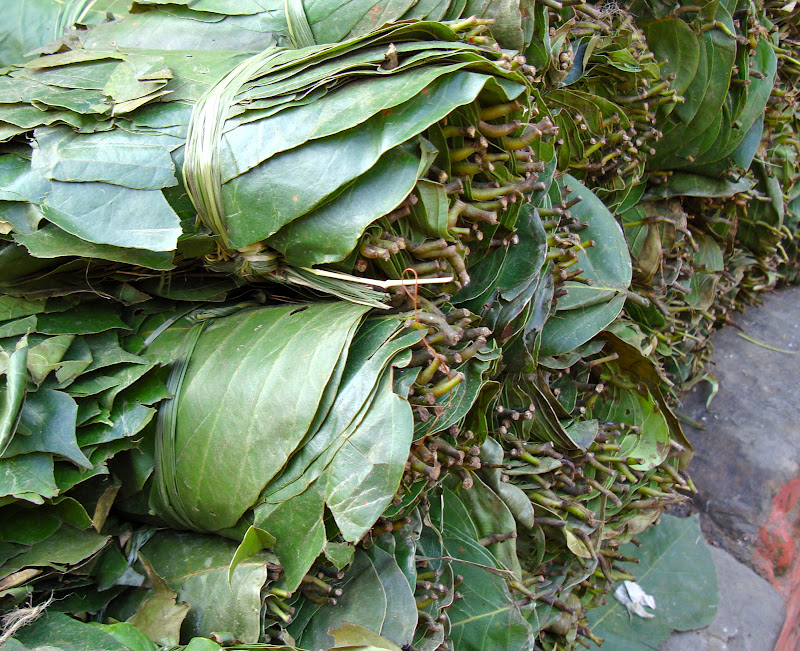Tapari : Traditional Plates Made Up OF Leaves In Nepal
Tapari : The Duna-Tapari industry, opened collectively by women of the Tharu community of Lamahi Municipality-8, Vaiskorma, Dang, is flourishing. The Duna-Tapari industry, which was started six years ago by women from five local Tharu communities by investing Rs 2,000 each, has now managed to save millions of rupees.

Tapari
The women of Vassakorma, who have started a duna-tapari industry collectively by making good use of the wasted sal and maluka leaves in the forest, have managed to earn millions of rupees from it. Phul Kumari Chaudhary, chairperson of the industry management committee, said that they have managed to save Rs 526,000 from the industry. “Initially, there was concern about how the industry would be run,” he said. Is it possible to earn money from Duna-Tapari? There was a suspicion that. But now we have managed to earn a good income, ‘she said.
Tej Kumari Chaudhary, a member of the Board of Directors of the industry, expressed confidence that the collective work was successful as it was opened by all. She said that the money saved from the industry has been invested in the village at a concessional rate. She said that the women belonging to the group used to spend money on their children’s education, house expenses if needed and bring the money back to the industry.

Tapari
According to Member Chaudhary, the demand for Duna-Tapari has increased significantly. She said that earlier the leaves were found in the forest near the house but now there is a problem as she has to walk for three or four hours to fetch the leaves.
Women of Dudhauli Municipality-11 of Sindhuli have started a collective duna tapari industry. Twenty women of the village have run the industry collectively.
The women are becoming self-reliant by making good use of the sal leaves that are being wasted in the forest. He said that 50 to 500 duna tapari are being produced daily.
Laxmi Karki, chairperson of Duna Tapari Group, said that the industry has been brought into operation by providing training to those interested in making Duna Tapari by forming Khushiyali Agricultural and Entrepreneurial Cooperative Society under the leadership of women in the village. We were trained to make Duna Tapari for 7 days in the village by the Sustainable Financial Access Project for Women’s Employment run by Sahakarya Nepal.
“We started the industry as soon as the training was over,” she said. The machine has been provided to them by the training organization for the production of Duna Tapari. Twenty women entrepreneurs have been working in the industry in turns. It is not necessary to work in the industry for such a long time. Chairman Karki says, “We work in the industry by doing housework. The time saved by doing housework is being used well. ” She said, “Sal leaves that are being wasted in the forest have also been put to good use. We are also earning a few paise.”
In the past, you had to reach out to others for a few bucks. She said, “Now I can eat whatever I want.” Other women have also become self-employed after the operation of Duna Tapari industry in the village. “A woman who used to shake hands with her husband to buy a vermilion grandson has been able to do it herself.”
Karki informed that the industry has produced more than 5,000 duna tapari in a single month.
According to him, the industry produces three sizes of Duna Tapari including plates, plates and bowls. Plates are sold at Rs 2.5, plates at Rs 1.5 and bowls at Rs 1, she said. Entrepreneurs have been picking the leaves for Duna Patri and buying them from other women in the village. Karki, chairperson of Duna Tapari Group, said, “We buy lafa in the village for one rupee.

Tapari
After picking lafa, the sisters have started making salt and bhutun.” The women who used to spend their days in housework are now able to work in the industry even after finishing their housework. At first, I was wondering how to manage the time. But in doing so, it is a matter of self-determination, she said.
She said that the produced duna tapari is sold in Sindhuli district headquarters, Mahottari, Sarlahi, Udayapur and other places.
“There is a lot of demand for Duna Tapari, but we have not been able to meet it yet,” she said. Stating that it is working towards increasing the number of members in the group to increase production, the group has stated that it has made it mandatory to bring 5 members equal to one member.
Business Trademark In Nepal : How To Trademark Your Business, Brand ?
Comment Here!